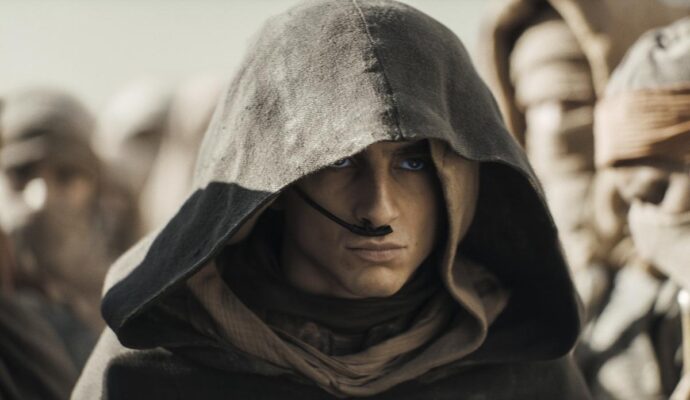“The Lost City of Z” – “It is there, and we must find it.” – Col. Percy Fawcett (Charlie Hunnam)
“Ain’t nobody comes back from up there.” – A disbeliever
When traveling, I frequently look to my phone for five-star reviews for some out of the way restaurant or coffee shop. Sure, I may not be too familiar with the new neighborhoods or roadways, but the determination to discover a sought-after meal or liquid caffeine is strong. Well, that is the extent of my efforts in exploration, so – to me – the fortitude of Col. Percy Fawcett (Hunnam), a true figure from the early 20th Century, is not simply remarkable, but incomprehensible.
In “The Lost City of Z”, the British government commissions Col. Fawcett to South America for two years to map the jungles of Bolivia, which will hopefully help settle a border dispute. In an effort to clear his family name (from past missteps not caused by him), Percy decides to leave his wife and children behind for this treacherous journey.
Director James Gray (“The Immigrant” (2013), “Two Lovers” (2008)) runs with the biopic material and shoots an astonishing-looking picture about a man’s quest to know the unknown. During Percy’s surveying duties, however, he does change his focus. Instead, he looks to find a lost civilization, a lost city. A lost, landlocked city of Atlantis located in the middle of the jungle, a city that Percy labels as Zed.
“Z” is the last letter in the alphabet, and this lost city is one of the last places someone from Great Britain – with all of the creature comforts of the early 1900s – would venture, but with his colleague, Henry Costin (Robert Pattinson), and a small group of westerners and locals, they perilously move forward.
Gray – who actually shot many of the scenes in Colombia – takes painstaking efforts to paint an aura of danger. If the overbearing, intense heat – that seemingly bleeds off the screen – does not wither Percy, Henry and company, instinct-driven jungle mammals or serpents could gnaw on our heroes. Although, the biggest threats are some local tribes, who might consider outsiders the enemy or worse yet, FOOD. Yes, cannibalism is not an unfamiliar practice within these mazelike circles. Clearly, animals gobbling up one for dinner is a vastly unpleasant proposition, but fellow human beings concocting a person-stew can raise the onscreen characters’ anxiety to a fever pitch. The audience’s anxiety too.
In one of the most effective scenes, the group travels down a silent river in a large raft, completely vulnerable with copious jungle surrounding them on both sides. Silence becomes their only dreaded companion, with a very real possibility of a sudden ambush occurring at any moment.
This is Percy’s exploration story, but the film’s other main thread is the toll that his worldly travels have on his family back in Britain. Sienna Miller is convincing as Percy’s supportive wife, Nina, but Tom Holland offers different sentiment as Jack, their oldest son.
Resentment.
Resentment for his father placing his ambitions above them. This knotty family subplot, however, does not work as well. While the movie spends majority of the time in South America, the emotional pull from England seemingly becomes nonexistent. Gray gives Percy very few sentimental reaches for home during his pursuits in the jungle. This explorer appears solely focused on his adventure, so there is little opportunity for the audience to be invested in Percy’s family, because – generally speaking – he is not.
Percy does cope with his missed family, when he makes a brief return, late into the 2nd act, and this is when Holland delivers heavy doses of guilt. On the other hand, since Percy is not privy to modern parenting skills nor have access to self-help books from a fully-stocked Barnes & Noble rack, subtler needs at England do not necessarily register with him.
One explicit fact that should register with the audience is that the film is a biopic, and in these cases, a movie can be held to history in order to explain…well, history. Now, I cannot confirm if Percy did experience contentious moments with his eldest son or not. The picture does form their relationship in that way, but it does not distract from the story. On the other hand, the third act takes a sudden left turn which does distract from the basic narrative, but apparently, the film is at the mercy of history.
These quibbles aside, “The Lost City of Z” is an absorbing picture about an exceedingly brave man who attempts to write his name in textbooks and folklore for future generations, and Gray and Hunnam capture Col. Percy Fawcett’s spirit which honors his aspirations. You see, Percy is the type person who hears “nobody comes back from up there”, digests the warning but pushes forward anyway, and that type of courage should be heard, seen and experienced.
⭐⭐⭐ out of ⭐⭐⭐⭐
Image credits: Amazon Studios




